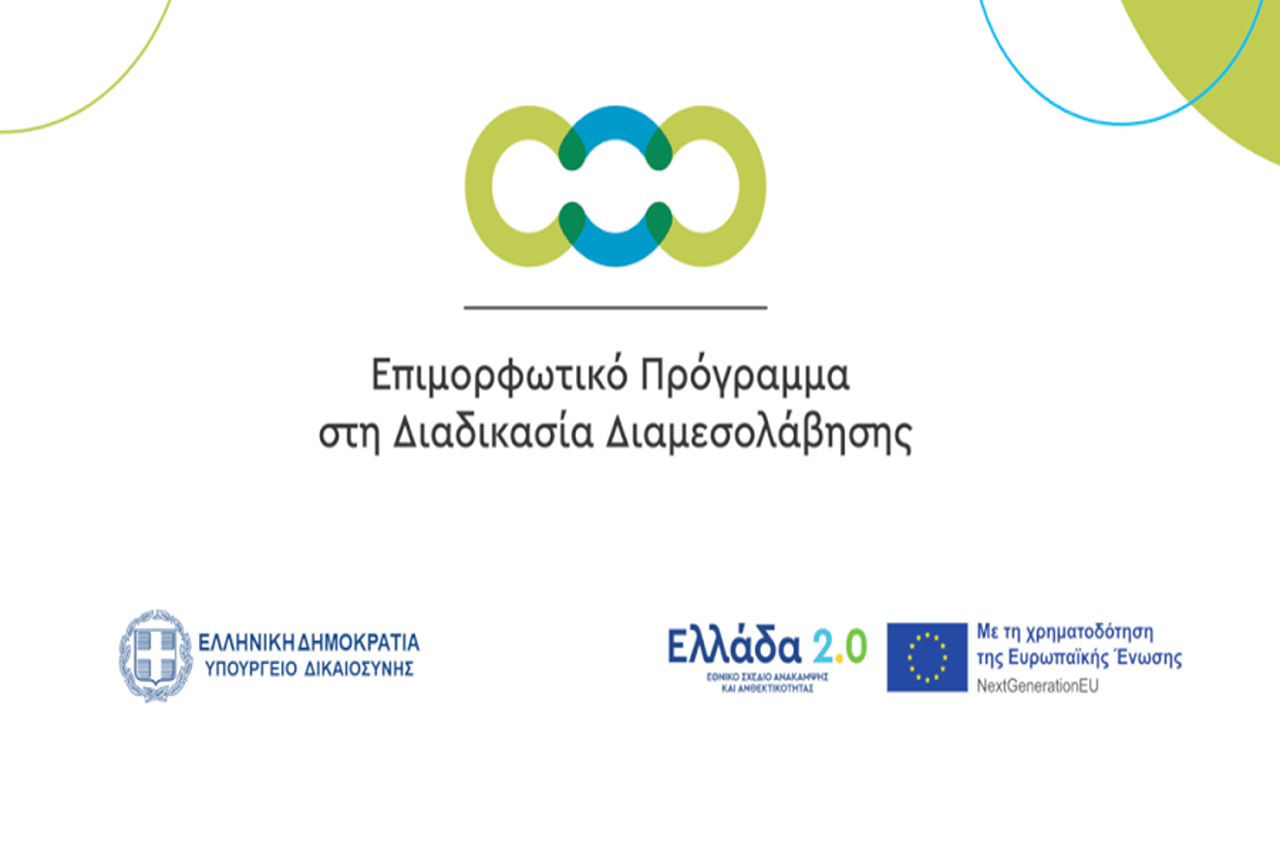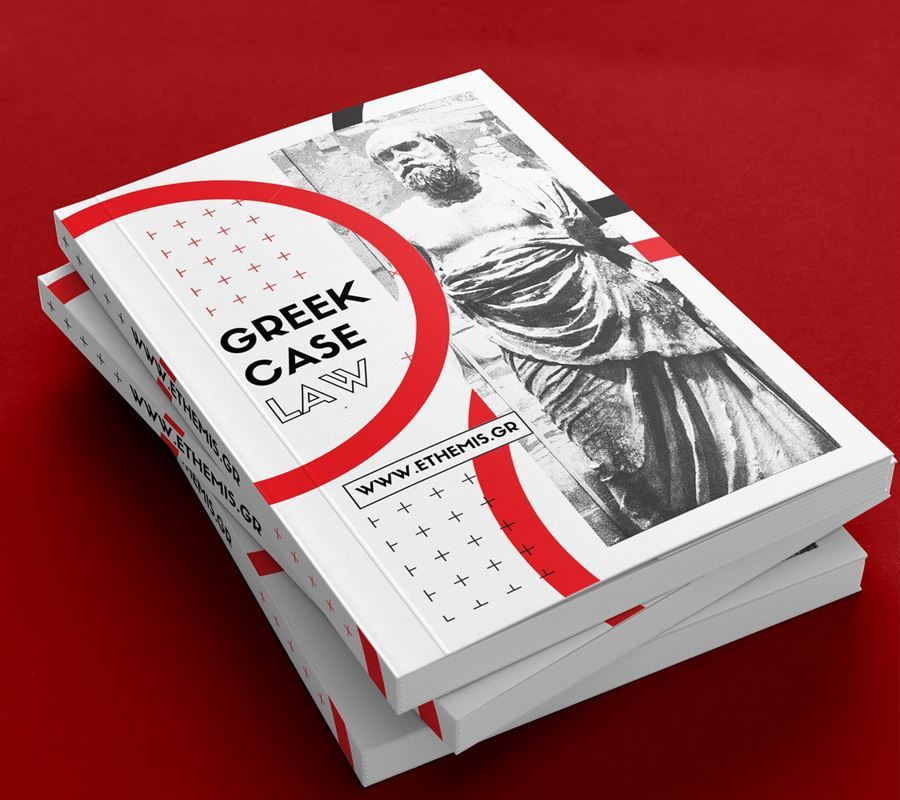Is GDPR Artificial Intelligence-Proof ?
Data Protection, Artificial Intelligence And Cognitive Services
Prof. Dr. Lilian Mitrou
AI poses fundamental questions concerning its ethical, social and legal impact thus setting new challenges to privacy and data protection. Since 2016, many reports but also legislative initiatives appeared to consider and address the impact of artificial intelligence on society and law. Does AI accelerate the erosion of data protection and related fundamental rights or is there room for mitigating risks and preventing the adverse consequences of an “amplified” AI?
Is GDPR applicable to AI? The GDPR applies both in the phase of AI development and with regard to its use for analyzing and decision making about individuals. The provisions of GDPR with regard to the rights of the data subjects, the obligations deriving from accountability or the obligations of processors will contour the way AI and machine learning will be developed and applied. Moreover, the GDPR comprises the elements to face the technological transformations. A first tool consists in the Data Protection Impact Assessments that have to be carried out before deployment of high-risk technologies. A second tool, strictly interrelated to DPIA is the duty to protect personal data by design that the GDPR compels to data controllers.
Read the full article below.
AI poses fundamental questions concerning its ethical, social and legal impact thus setting new challenges to privacy and data protection.
Source/ Author:Prof. Dr. Lilian Mitrou | Download PDF


















